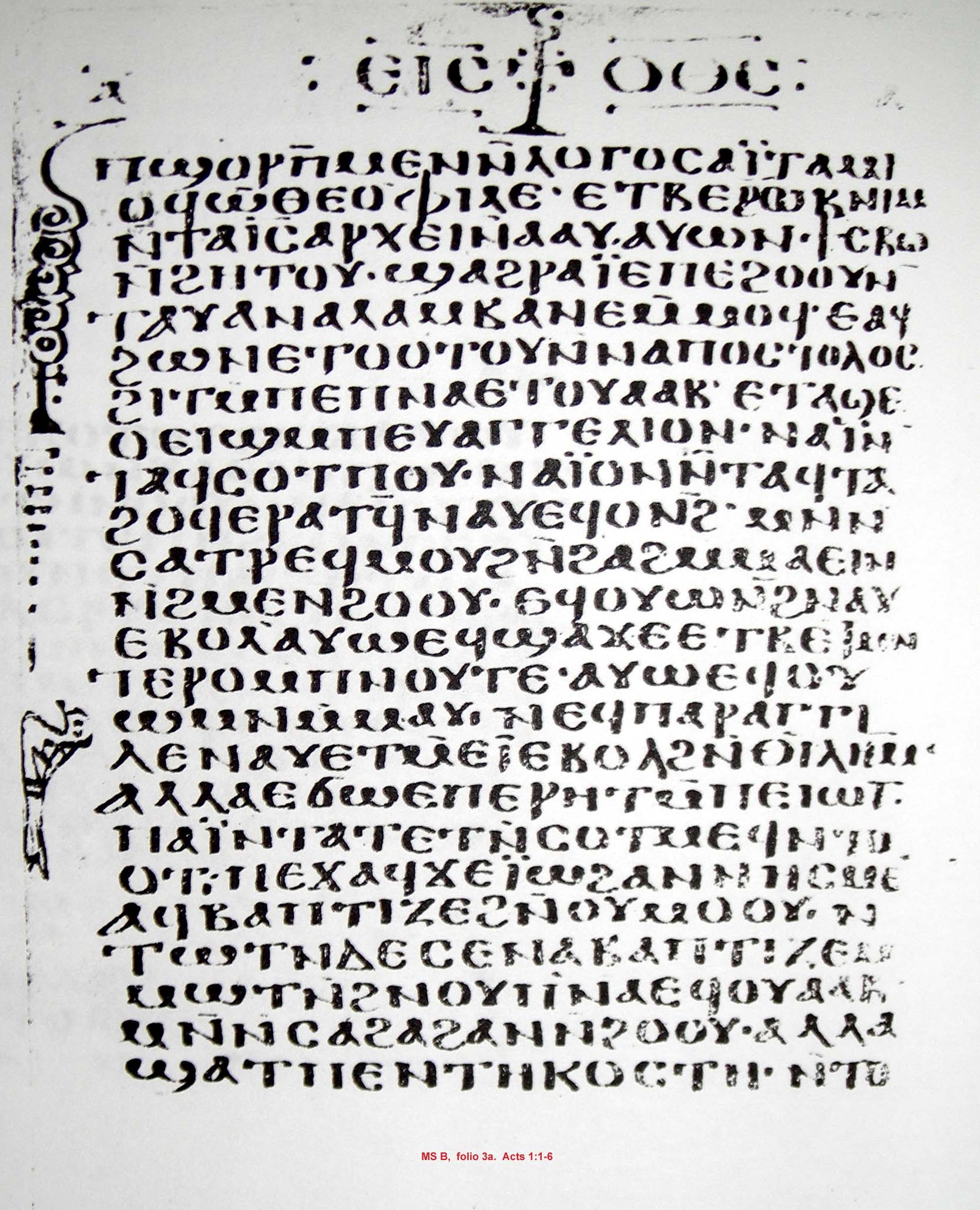Below is an abstract for the paper that he will be delivering:
Within the current Evangelical discussion of the New Perspective on Paul, the two leading voices, N. T. Wright and John Piper, have many areas of disagreement. One fundamental disagreement in this debate relates to the way the Greek phrase δικαιοσύνη θεοῦ is understood in the Pauline corpus. Wright argues that this phrase refers to God’s faithfulness to his covenantal promises, while Piper interprets this construction as describing God’s commitment to his own glory. By defining δικαιοσύνη θεοῦ in these ways, both scholars commit the exegetical fallacy known as illegitimate totality transfer by forcing their particular definitions into every instance of δικαιοσύνη θεοῦ in the Pauline texts. One important example where both of their definitions do not fit is Rom 1:16 –17. It is argued that in this passage, δικαιοσύνη θεοῦ refers to “a righteousness from God” and not a characteristic of God, as both Wright and Piper contend. The primary reason for understanding δικαιοσύνη θεοῦ in Rom 1:16–17 this way stems from the fact that Paul cites Hab 2:4 to explain this Greek phrase. When the Habakkuk text is understood as referring to a person who is righteous, and not to a characteristic of God, it then becomes evident that Paul employs δικαιοσύνη θεοῦ in Rom 1:17 to mean a righteousness from God.He will be delivering it at the Frontier Airlines Center room 202 C on November 15th from 3:00 to 3:40pm. For more information check out the program schedule. Once he is done, it might not be a bad idea to stick around and listen to Frank Thielman present.


 blogger, is going to be turning 85 on Tuesday. Born in 1924 to immigrant parents, Josh traveled the world, eventually discovering the fountain of youth after studying the handwritten journals of Francisco DeAntonia (which he stole from a safety deposit box in Zurich). After his adventures in South America, Josh settled into the common life of an elderly man who appears to be only in his late twenties. Having lived through the Great Depression, World War II (where he fought as a fighter pilot), the Vietnam War, and the Death of God movement in the '60s, Josh says he is no longer afraid of anything except sock puppets, crab bisque, preachers in cardigans, and those who deny penal substitutionary atonement. When asked what he still wants to accomplish in life, Josh just sips his warm milk, looks out the window fondly and smiling says, "I just want to write a book where I destroy all heresy."
blogger, is going to be turning 85 on Tuesday. Born in 1924 to immigrant parents, Josh traveled the world, eventually discovering the fountain of youth after studying the handwritten journals of Francisco DeAntonia (which he stole from a safety deposit box in Zurich). After his adventures in South America, Josh settled into the common life of an elderly man who appears to be only in his late twenties. Having lived through the Great Depression, World War II (where he fought as a fighter pilot), the Vietnam War, and the Death of God movement in the '60s, Josh says he is no longer afraid of anything except sock puppets, crab bisque, preachers in cardigans, and those who deny penal substitutionary atonement. When asked what he still wants to accomplish in life, Josh just sips his warm milk, looks out the window fondly and smiling says, "I just want to write a book where I destroy all heresy."





